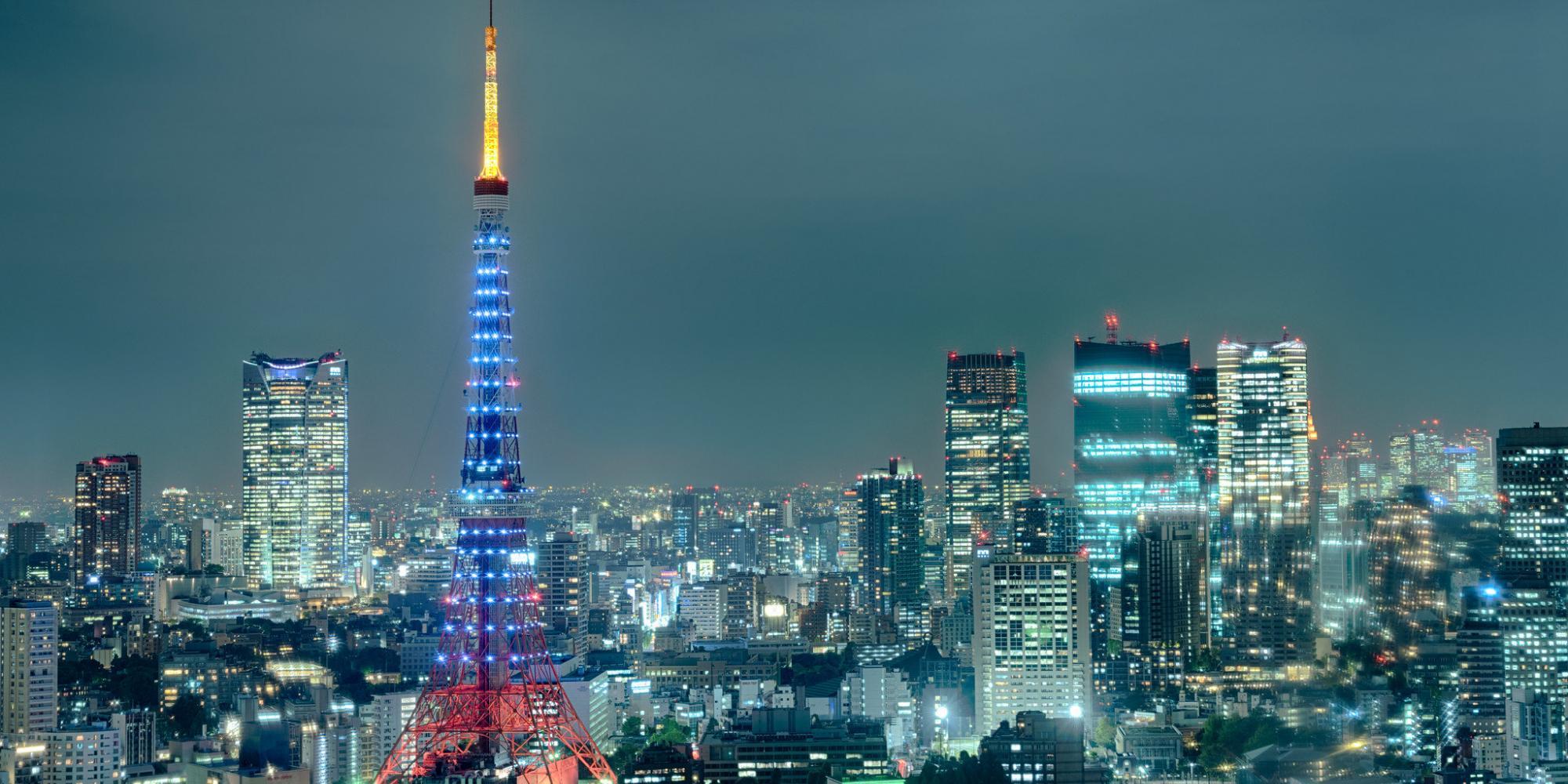11.21.2025
Sausage casings bulletin, November 21, 2025

...

The tentative agreement, announced by the country’s leaders at a meeting on the sidelines of the Group of 7 in France, would open Japan’s agricultural markets.
Japan has agreed to buy “hundreds of millions of dollars of corn,” Trump told reporters, adding that Prime Minister Shinzo Abe of Japan had promised to buy up “excess” corn that had once gone to China. But Abe said Japanese grain buyers are public companies and not beholden to the government.
U.S. Trade Representative Robert Lighthizer said the new deal will eventually pave the way for an additional $7 billion in ag exports to Japan. “We’ll get into the details at another time, but generally, Japan is our third-largest agricultural market,” Lighthizer said. “They import about $14 billion worth of U.S. agricultural products. And this will open up markets to over $7 billion of those products. … In the agriculture area, it will be a major benefit for beef, pork, wheat, dairy products, wine, ethanol, and a variety of other products.”
Trump and Abe said they hope to finalize the deal in September during a general assembly of the United Nations. “We’ve agreed to every point, and now we’re papering it and we’ll be signing it at a formal ceremony,” said Trump.
U.S. tariffs on imported Japanese cars would remain but not increase, and other U.S. tariffs would be dropped. The deal also covers industrial tariffs and digital trade.
It is not clear if an agreement would require ratification by Congress, with previous reports signaling a mini-accord would not need a congressional okay.
USDA Secretary Perdue said: “Japan is a significant market for United States agriculture exports, making today a good day for American agriculture. By removing existing barriers for our products, we will be able to sell more to the Japanese markets. At the same time, we will able to close gaps to better allow us to compete on a level playing field with our competitors the globe.”